How to get your child engaged in school
How to Help Your Child Get Motivated in School
If you have a child who is struggling in school and doesn’t seem to be motivated to make an effort, the first thing you want to do is explore whether there is some obstacle getting in his way. Learning issues, social challenges, attention or emotional problems can all cause kids to disengage academically.
But not all kids who are underperforming in school—clearly not living up to their potential—have a diagnosable problem. And there are a number of things parents can do to help motivate kids to try harder.
Get involvedAs a parent, your presence in the academic life of your child is crucial to her commitment to work. Do homework with her, and let her know that you’re available to answer questions. Get in the habit of asking her about what she learned in school, and generally engage her academically. By demonstrating your interest in your child’s school life, you’re showing her school can be exciting and interesting. This is especially effective with young kids who tend to be excited about whatever you’re excited about. Teenagers can bristle if they feel you are asking too many questions, so make sure you are sharing the details of your day, too. A conversation is always better than an interrogation.
Likewise, it’s important to stay involved but give older kids a little more space. If you’re on top of your daughter all the time about homework, she may develop resistance and be less motivated to work—not to mention the strain it will put on your relationship.
Many parents are nervous about rewarding kids for good work, and it’s true that tangible rewards can turn into a slippery slope. But there are ways to use extrinsic motivation that will eventually be internalized by your kid. “Kids respond really well to social reinforcers like praises, hugs, high fives, and those kinds of things,” says Laura Phillips, PsyD, a neuropsychologist at the Child Mind Institute. “Then they start to achieve because it feels good for them. ”
”
Ken Schuster, PsyD, a neuropsychologist at the Child Mind Institute encourages parents to use rewarding activities that would have probably occurred either way, but placing them after a set amount of time doing homework. He suggests treats that are easy to provide but that your child will enjoy, such as going for ice cream or sharing a candy bar. He also recommends breaking work up in chunks and using small breaks as rewards for getting through each chunk.
Reward effort rather than outcomeThe message you want to send is that your respect hard work. Praising kids for following through when things get difficult, for making a sustained effort, for trying things they’re not sure they can do successfully, can all help teach them the pleasure of pushing themselves. Praise for good grades that come easily can make kids feel they shouldn’t have to exert themselves.
Help them see the big pictureFor older kids who have developed an understanding of delayed gratification, sometimes simple reminders of their long-term goals can help push them. It can help many high school seniors who slack off after getting into college to remind them that they could lose their acceptance if their grades drop too much, or they might not be prepared for college courses. “Linking school up with their long-term goals can make the work feel more personally fulfilling,” explains Dr. Phillips.
It can help many high school seniors who slack off after getting into college to remind them that they could lose their acceptance if their grades drop too much, or they might not be prepared for college courses. “Linking school up with their long-term goals can make the work feel more personally fulfilling,” explains Dr. Phillips.
No one can get A’s on every test or perfect scores on every assignment. While kids need encouragement and it’s healthy to push them to try their best, know that setbacks are natural. Sometimes the only way kids learn how to properly prepare for school is by finding out what happens when they’re unprepared.
Get outside helpOne way to take a little tension away from your relationship with your child is finding an older student (either at their school or a nearby college) to help him out with work. Most will charge pretty low rates, and the fact that they’re closer to your kid’s age may make it more likely he’ll listen to what they say.
“Homework was a source of conflict for us,” says Elizabeth, whose son Alex has ADHD. Elizabeth hired a few Barnard students to help Alex do his homework on certain nights, she recalls. “He behaved a lot better with them, and it was money well spent for me because I wasn’t fighting and I wasn’t stressed out.”
Make the teacher your allyAnother one of the most important things you can do for your child is to work with his teacher. The teacher might have additional insight about how to motivate your child, or what he might be struggling with. Likewise you can share any strategies or information that you have.
When her son was in lower school and only had one teacher, Elizabeth would call his teacher before the first day, introducing herself and alerting the teacher that her son had ADHD and that he found it hard to focus. She would give the teacher little tips that she had found were useful with Alex: Writing multi-step directions on the board, tapping him on the shoulder while walking past to make sure he was paying attention, and other small tweaks that would be useful to any young child but are especially essential to one with ADHD.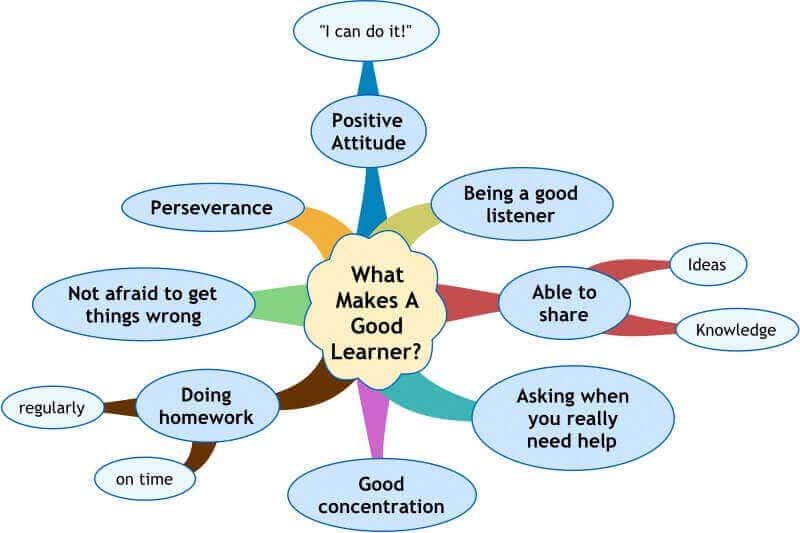
“Make sure that both school and home are of one accord,” stresses Kristin Carothers, PhD, a clinical psychologist. Dr. Carothers often sets up a system she calls the daily report card. With this system, the child gets points from his teacher for things like completing work and following directions the first time he gets them. Then he brings those points home, where his parents give him small rewards, such as extra time on the iPad or playing a game together.
Get support for yourselfIt can be just as frustrating to watch your child withdraw from school as it can be difficult for the kid himself to focus. Elizabeth says that she often feels judged as a parent for having a son who struggles so much in school.
Some schools have support groups for parents of kids who are less motivated, and if your child’s school doesn’t, Elizabeth encourages setting one up. “It’s very comforting to hear that you’re not alone,” she says. “It’s also helpful to hear people who have gone ahead of you talk about how to navigate the school’s system, find a therapist, and talk to teachers. ”
”
“If you’re feeling yourself getting really angry or frustrated with your kids, take a step back,” Dr. Carothers recommends. “Put things into context.”
It’s also important to keep your goals in perspective: Your child may not become a star student. Make sure to focus on the effort she puts in and commitment she shows instead of the outcome. If you expect perfect achievement from a child who struggles in school, you’ll drive yourself crazy.
“I’m not trying to get my child to be someone he’s not,” Elizabeth says about her efforts to help her son. “I just want him to reach his potential.”
4 Tips to Keep Kids Engaged in Learning
Are your kids having trouble getting motivated for school? Similar to what long-distance runners experience, your child may be hitting a wall, especially in this virtual and remote learning year. It’s hard to keep them engaged in the learning process.
I’m sure you’ve witnessed it. One moment your child is flying along, feeling great, and the next, they’re zapped. With energy drained, the road ahead looks long. You and your kids may have experienced a similar feeling, starting the year full of vigor, only to lose steam rapidly when things started getting tough.
With energy drained, the road ahead looks long. You and your kids may have experienced a similar feeling, starting the year full of vigor, only to lose steam rapidly when things started getting tough.
With many schools in remote or hybrid learning, it’s even harder to keep up the momentum as fall turns to winter. Experienced runners develop strategies to power through moments like these, finding different ways to overcome obstacles and doubt. While kids aren’t all runners—and learning is not a race—there are ways you can help kids push through these challenges.
Try these four tips to keep your child engaged in learning:
Set a goal and plan for obstacles.Goal-setting is an essential skill—in school, at home, at work, and in life. Kids should practice setting goals for their learning, which can be as simple as: “I want to finish my homework on Friday night so that I have the weekend to do what I want.”
But goal-setting alone isn’t enough. Kids need to identify the obstacles that might knock them off track (like being tempted to watch a movie on Friday night). When kids envision a positive future, acknowledge the obstacles that may arise, and plan for how they will overcome those obstacles, they are more likely to succeed.
Kids need to identify the obstacles that might knock them off track (like being tempted to watch a movie on Friday night). When kids envision a positive future, acknowledge the obstacles that may arise, and plan for how they will overcome those obstacles, they are more likely to succeed.
When kids struggle to pick up a new skill, they often misinterpret “this is hard” for “I must not be learning much” and give up. Self-directed learners employ five strategies that help them to reframe their struggles, including strategy shifting, seeking challenges, persistence, responding to setbacks, and seeking appropriate help.
These behaviors take time to establish, but adults can prompt conversations that get kids thinking about how they can move forward. It’s important to focus on process (finding strategies, encouraging determination, asking questions, etc.), rather than on product (regardless of whether it’s good or bad).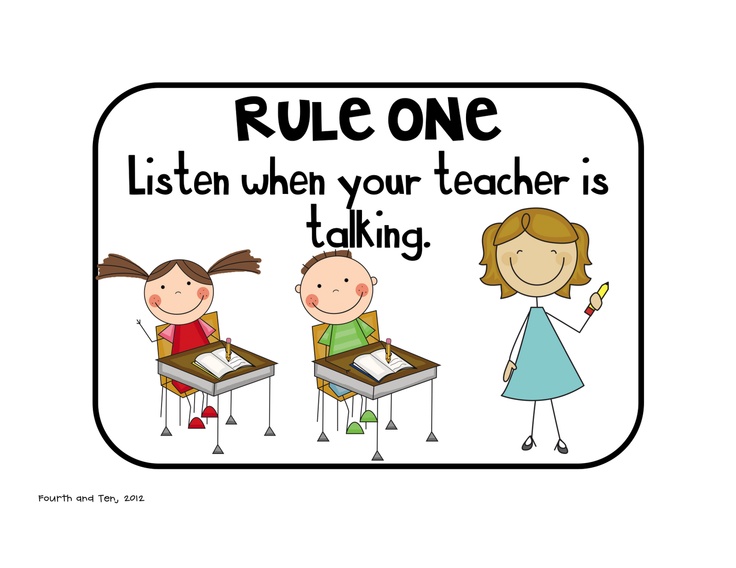 Sharing examples from your own life about how you moved past obstacles can help kickstart the discussion.
Sharing examples from your own life about how you moved past obstacles can help kickstart the discussion.
In schools that have embraced a project-based learning model, students investigate real-world, personally meaningful problems that challenge thinking and inspire action. These projects allow students to develop new skills and habits—like problem-solving and perseverance—and retain all the facts and information they are learning longer because they are seeing how it connects to real-life situations.
At home, projects can be motivating because they follow kids’ innate curiosity. Begin with a problem, question, or challenge. Then, map out what the project will entail, what your kid will learn, and what the final product will be. Projects allow kids to connect kids’ interests to what they are learning in school. For example, designing a garden for the spring builds math, design, and communications skills.
Find opportunities to celebrate progress, not perfection.
We often think about celebrating major education milestones like report cards and graduations where hard work and perseverance has paid off. However, celebrating everyday accomplishments—whether it is finishing a report or science project—can be a powerful form of external motivation.
Look for opportunities for kids to present their work, even if it’s just in front of the family at dinner. When kids take center stage to showcase their work, they feel pride in their accomplishments and expand their comfort zone to present their work in front of others. The act of celebrating is both motivating and identity-forming for kids.
You can find more tips and tools to help your kids become more engaged and self-directed learners with UNBOXED, a free digital learning kit for kids in grades 4-9. Each month, UNBOXED includes six tools designed to promote engaging, meaningful learning experiences–including a month-long project.
No matter what school looks like for your family this year, there will probably come a time when your kids will lose their focus. Hitting a wall is part of the learning process, but with the right tools, we can help our kids develop the skills and strategies to recapture their motivation.
Hitting a wall is part of the learning process, but with the right tools, we can help our kids develop the skills and strategies to recapture their motivation.
Mira Browne is the executive director of Prepared Parents.
How to get a child interested in studying if he does not want to study?
<
Why it is important to get your child interested in learning
How to get your child interested in learning is a question that every parent must have asked himself. Procrastinating and being lazy from time to time is common to everyone, and it’s not scary if these are isolated cases. But what if the child is completely indifferent to the school curriculum, does not want to study and tries to slip away from "homework" under any pretext? How to get kids interested in activities? nine0003
Strict control and "cramming" under pressure is not an option. Sooner or later, the child will begin to cheat, and family relationships can deteriorate. Nobody likes to be constantly forced. What’s more, such an approach can permanently create a distaste for education. This cannot be allowed, because the world in the 21st century is rapidly changing, and in order to keep up with it, it is necessary to constantly develop.
Nobody likes to be constantly forced. What’s more, such an approach can permanently create a distaste for education. This cannot be allowed, because the world in the 21st century is rapidly changing, and in order to keep up with it, it is necessary to constantly develop.
A sure way to get your child interested in learning is to create motivation. It can be external and internal, as well as positive and negative. Let's consider these types in more detail. nine0003
Types of learning motivation
External motivation is associated with some circumstances from the outside, for example, a reward or, conversely, a punishment. External motivation, in turn, can be positive - when a child receives a new phone for good grades at the end of a quarter - and negative - if he finishes the year with a "troika" and therefore does not go to camp.
Intrinsic motivation is associated with the activity itself and its significance for a person.
Positive internal motivation is when a child tries to get "A"s in order to do well in exams, enter a university in the specialty of his dreams and work as he wants.
Negative - when he understands that if he does not study well, he will not be able to enter the budget.
The most productive motivation is internal positive. It is she who is the source of all outstanding deeds, implemented projects and accomplishments. People who have achieved a lot in life and in their work are, first of all, people with high internal motivation. But the external one, according to psychologists, will not at all help to interest the child in studying at school. So, Alfie Kohn, the author of the popular book “Punishment with a Reward”, claims that when trying to motivate with a “carrot”, that is, with external encouragement, the child is not looking for a creative way to complete the task, but the easiest and safest. From here arise cheating, solvers, doing homework using the “google” method. What difference does it make how to achieve results if the main thing is not knowledge, but a new phone? nine0003
So the best advice on how to get your child interested in learning is to make sure that he sincerely loves the educational process.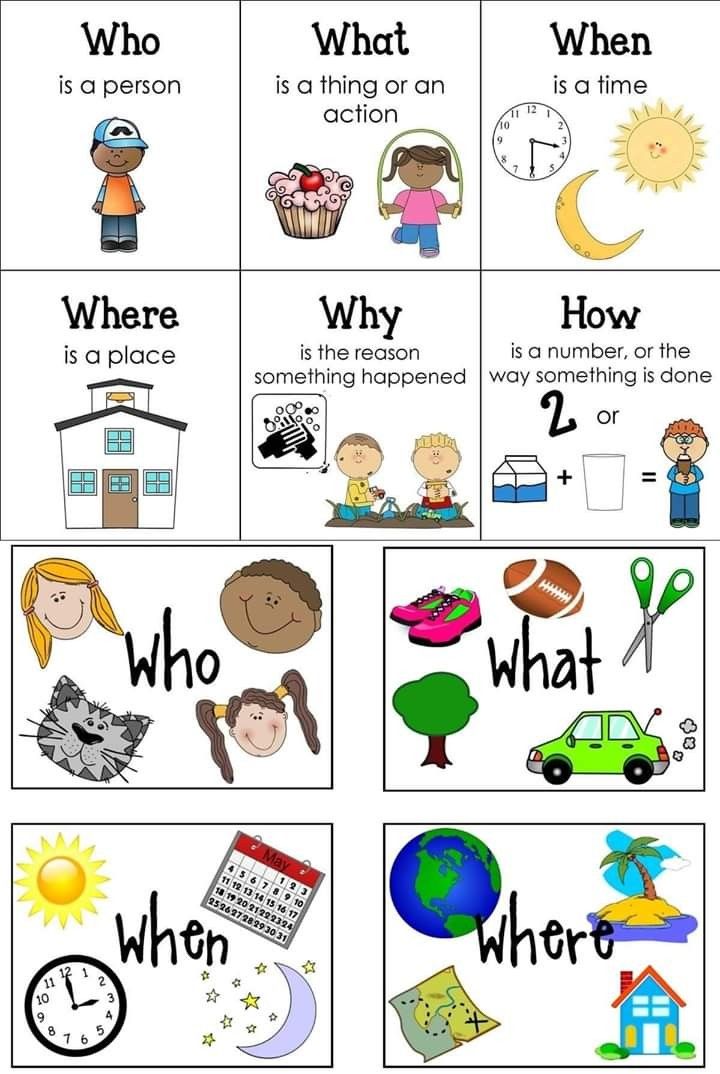 This is not always easy, especially if the school has authoritarian teachers, the atmosphere in the classroom is spoiled, or there are conflicts.
This is not always easy, especially if the school has authoritarian teachers, the atmosphere in the classroom is spoiled, or there are conflicts.
How to get your child interested in studying: advice from psychologists
Tip 1. Create a mood for learning
If you have some kind of hobby - for example, playing the piano - you are unlikely to sit down when you are hungry, tired, in a bad mood or when you have a headache. It's the same with studying. nine0003
The child should sit down for lessons calm, rested and full. You can involve him in classes, help him tune in to study, making the perfect workplace with him: with an organizer, stickers, a comfortable chair and suitable lighting. It helps to tune in and review notes from previous classes before preparing homework.
<
Tip 2. Keep your child interested
Reward anything positive that comes into your teen's radar.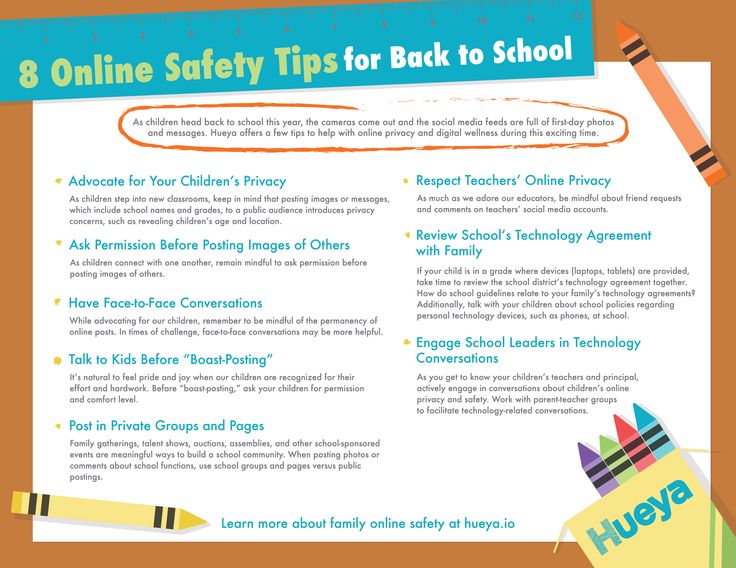 If he likes astronomy and stars, take him to a lecture at the planetarium, buy a sky map and a colorful encyclopedia. There is an interest in reading - visit literary places, for example, Pushkinsky Gory and Yasnaya Polyana, visit open poetry evenings. Try to participate in all activities on the topic of interest to the child, and then be sure to share your impressions with each other.
If he likes astronomy and stars, take him to a lecture at the planetarium, buy a sky map and a colorful encyclopedia. There is an interest in reading - visit literary places, for example, Pushkinsky Gory and Yasnaya Polyana, visit open poetry evenings. Try to participate in all activities on the topic of interest to the child, and then be sure to share your impressions with each other.
-
Tip 3. Be inspired by the examples of great people
As mentioned above, people who have achieved success in life are walking volcanoes of intrinsic motivation. The Centennial generation loves the success stories of businessmen, entrepreneurs, technology innovators. Read with your child the biographies of Jack Ma, Elon Musk, Sergey Brin. Each of them is an example of constant self-learning. Since childhood, Jack spent many hours communicating with foreign tourists in order to learn English, Elon studied manuals on astronautics, physics, rocket science from scratch and became a great professional.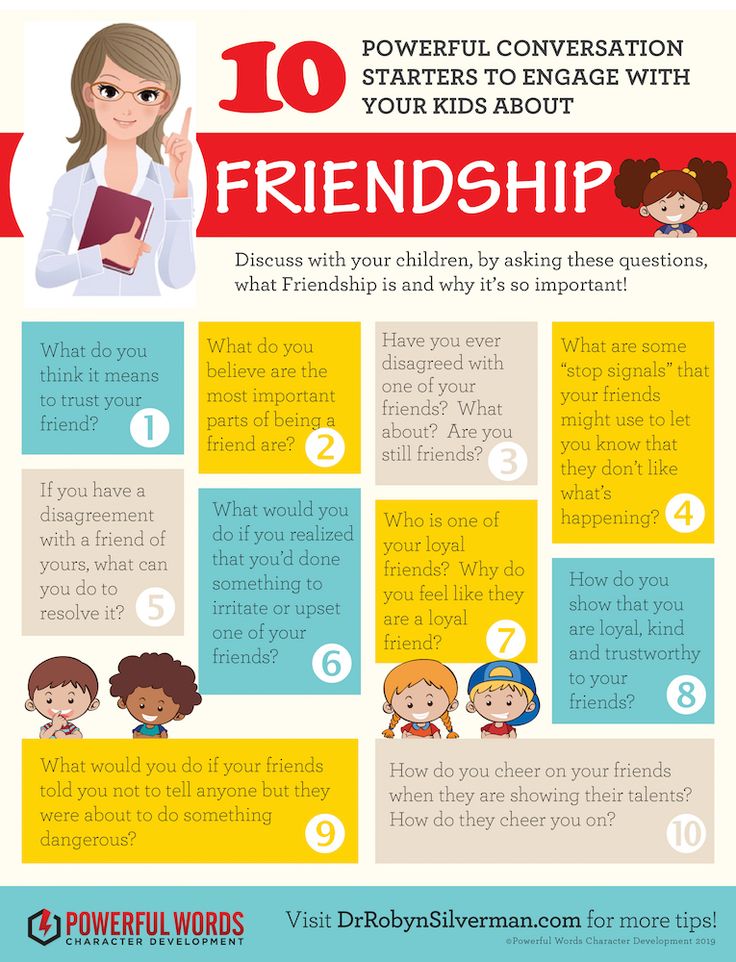 Their success stories are sure to help keep kids interested in learning. nine0003
Their success stories are sure to help keep kids interested in learning. nine0003
Tip 4: Answer all questions
Don't dismiss your child's questions, no matter how naive or useless. Telling everything in detail and with pleasure, you will form in him the habit of being inquisitive, analyzing what is happening around, thinking critically, asking questions to yourself and others. And then you don’t have to force the child to study, he himself will do it with great pleasure.
Tip 5: Create the Right Environment
It is often the lack of interest in learning among peers that discourages a teenager from learning. The right environment can help instill a love of education. Friends in sections and circles, classmates and mentors, older brothers and sisters, friends from olympiads and competitions - any person who is respected by a teenager can set an example for him and interest him in his studies.
Tip 6. Learn with your child
Show that you are also interested in learning new things. At Foxford Home Online School, for example, you can watch webinars with your child when you have a free moment. Educational videos and documentaries on YouTube are also suitable. nine0003
At Foxford Home Online School, for example, you can watch webinars with your child when you have a free moment. Educational videos and documentaries on YouTube are also suitable. nine0003
Another good way to learn together is through games.
Advice 7. Praise and properly criticize
Competent feedback is one of the effective tools of motivation. Praise your child for showing interest in learning, creative solutions, and disciplinary progress. Criticism is also needed, but not in the form of value judgments (“You prepared poorly!”) Or emotions (“I knew that you would let me down again”). Sit down with your child and analyze what worked and what can be improved next time. nine0003
Do not evaluate the child: “You are very smart”, “Well done, you did the best”. So he will constantly wait for the evaluation of his actions, will become dependent on your opinion about him. It's better to say how you feel because of his actions.This will appreciate the act itself, show that you care, you sincerely worry, and teach the child to pronounce his emotions. For example, if he completed the task correctly, say "I'm very glad that you learned this topic perfectly." Better yet, ask how the child feels after overcoming difficulties. nine0103
Elena Petrusenko, Foxford Home School psychologist
Advice 8. Free your child from superfluous things
It is impossible to know everything and everything. If a teenager is not at all interested in, say, chemistry, you should not force the child to study, achieving ideal results - it is enough to know the certification minimum. He will finish school and forget about valency and chemical formulas, and an in-depth course in his favorite subject can play a decisive role in admission. Let him better direct his forces to those disciplines that really fascinate him. At Foxford Home School, there are individual educational routes in which more hours are devoted to the disciplines that the student needs.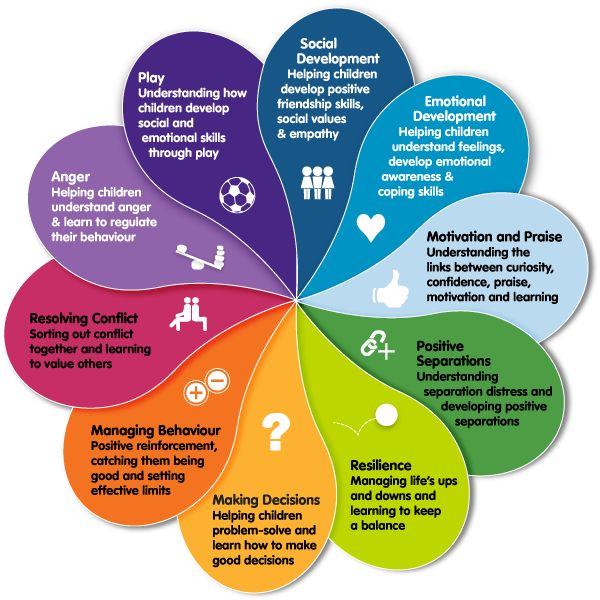 nine0003
nine0003
The more freedom you get, the higher you fly. When I realized that in Foxford's home online school any knowledge is available to me - just have time to take it - I began to strive more for it.
Maria Sokolai, a student at Foxford Home School
What not to do to force a child to learn
Compare with the “son of a friend”
Competition, of course, can become a source of motivation in adults, but already age and not for everyone. And if you constantly compare the child with other children, this, on the contrary, demotivates and does not help to interest the child in learning. nine0003
Get personal
No matter how upset your child is with his next manifestation of sloppiness, do not insult him. Words hurt a lot, remember that one phrase can be remembered forever and become an attitude that will negatively affect a person’s whole life.
If a child is constantly told that he is stupid, a slob, a slob and other unpleasant things, he will not even have a desire to try to fix it.Why do something when adults have already put a "label" on you? It is better to evaluate the efforts of the child or the result of his work. For example, say “I saw how long it took you to study for this test. I'm proud of you! nine0103
Elena Petrusenko, Foxford Home School psychologist
Overloading with studies
In 1965, American elementary school teacher Barbara Shiel conducted an interesting experiment with her class of 36 difficult teenagers. She announced that everyone during the day will be able to do whatever they want. The next day it was the same, but now Barbara helped the schoolchildren to plan for the day. Then she explained that there is a certain curriculum for a week that needs to be completed. The result of the experiment was that all the guys started the internal motivation, and they became much more successful in doing. nine0003
Do not put education at the forefront, encourage hobbies, sports, music, creativity.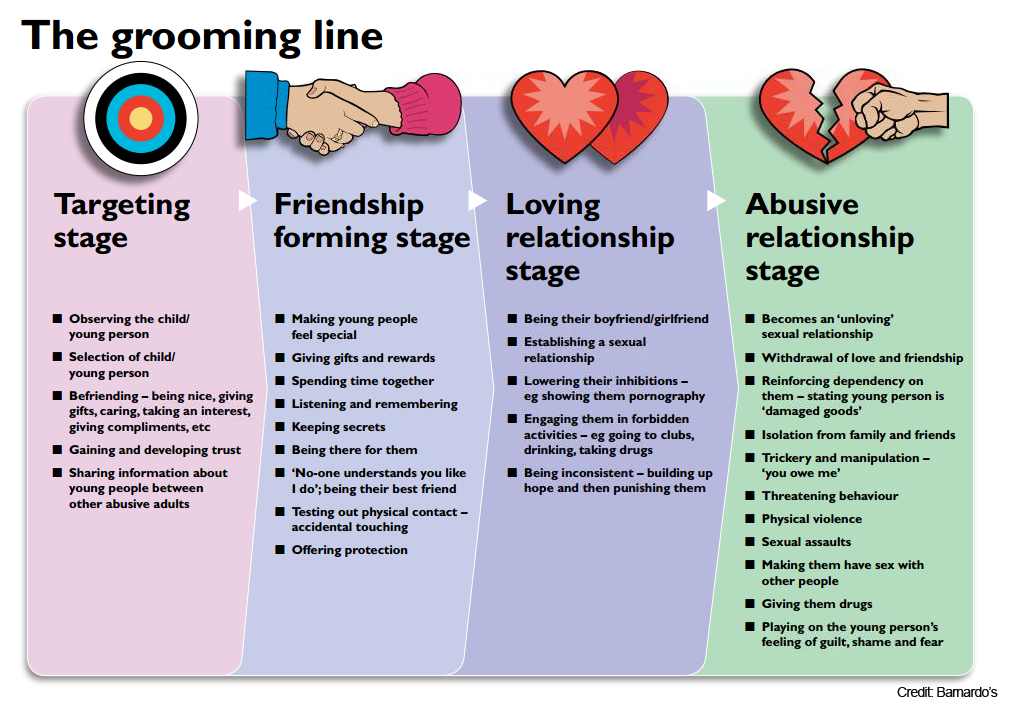 Leave time for hobbies and socializing with friends. Even when studying becomes a favorite thing, you need breaks for other activities.
Leave time for hobbies and socializing with friends. Even when studying becomes a favorite thing, you need breaks for other activities.
Continue attending a regular school
If you feel that the traditional school system reduces your child's intrinsic motivation and natural curiosity, consider changing the format of education. And then you don’t have to think about how to interest the child in learning, he will study with pleasure. Every year more and more mothers and fathers choose family education, where they can individualize the learning process and find support from professionals. In Foxford's home online school, for example, training takes place online, but the records are available at any time: the child builds his own schedule of the day, looks through the lessons, allocates time for homework. nine0043
Of course, there are unique people who can't bear to sit down for textbooks, but most children are not rushing to school. And it is time to prepare for September 1, first of all mentally. The main task of parents is to ignite the craving for knowledge. You need to act wisely. After all, as they grow older, the self- and worldview of children change, and what motivated them in elementary school does not work in high school.
The main task of parents is to ignite the craving for knowledge. You need to act wisely. After all, as they grow older, the self- and worldview of children change, and what motivated them in elementary school does not work in high school.
Development of interest in learning in children of different ages
Anastasia Ekushevskaya , Academic Director of Skysmart English, neuropsychologist, Ph.D.
Primary schoolchildren (6-9 years): Playing, walking, talking about emotions
- Many parents believe that the child is ready for learning when he has reached a certain age (usually 7 years old) and has mastered counting, comparing, reading, and so on. But in addition to intellectual readiness, there is also physiological, psychological and emotional, which are determined by the child's ability to follow the rules and do not what you want, but what you need, the expert says. - At primary school age, this is much more important for motivation and love for learning than a set of knowledge.
- At primary school age, this is much more important for motivation and love for learning than a set of knowledge.
Make sure that the child walks (saturates the brain with oxygen), eats well, observes the daily routine. This already accustoms to a certain self-regulation. Neuropsychological games and exercises that develop the ability to plan and control their actions, train memory, attention, and the ability to concentrate will be useful. nine0043
How to understand what a child has difficulties with? Notice what he usually complains about.
- “I can’t remember, I already forgot, I can’t learn” - memory problem.
- "Unintentionally missed, did not notice" - a problem with attention.
- "I didn't understand" - a problem with thinking, speed of information processing.
- "Can't imagine" - problem with imagination.
Working with emotions is also important. Through games, books, talk with your child about his experiences and fears associated with school, tell me how to behave if someone offended, something does not work out, and so on. nine0043
nine0043
Adolescents (10-14 years): Knowledge is power!
— Show how great it is, for example, to learn English: let's go abroad, and you yourself can order a drink or your favorite dish in a cafe! Knowledge backed up by practical use is a good incentive to learn at this age, Anastasia admonishes.
It is also important to find interesting formats for studying subjects. History can be studied in addition to textbooks through interactive videos on YouTube or series, mathematics through games and applications. Let the child try different formats and choose the most interesting one. Hobbies can also become a learning tool - the same computer games. Play together, ask him to tell what attracts him there. nine0003
The most important rule is to be interested in what your child has learned at school, and not just in his grades.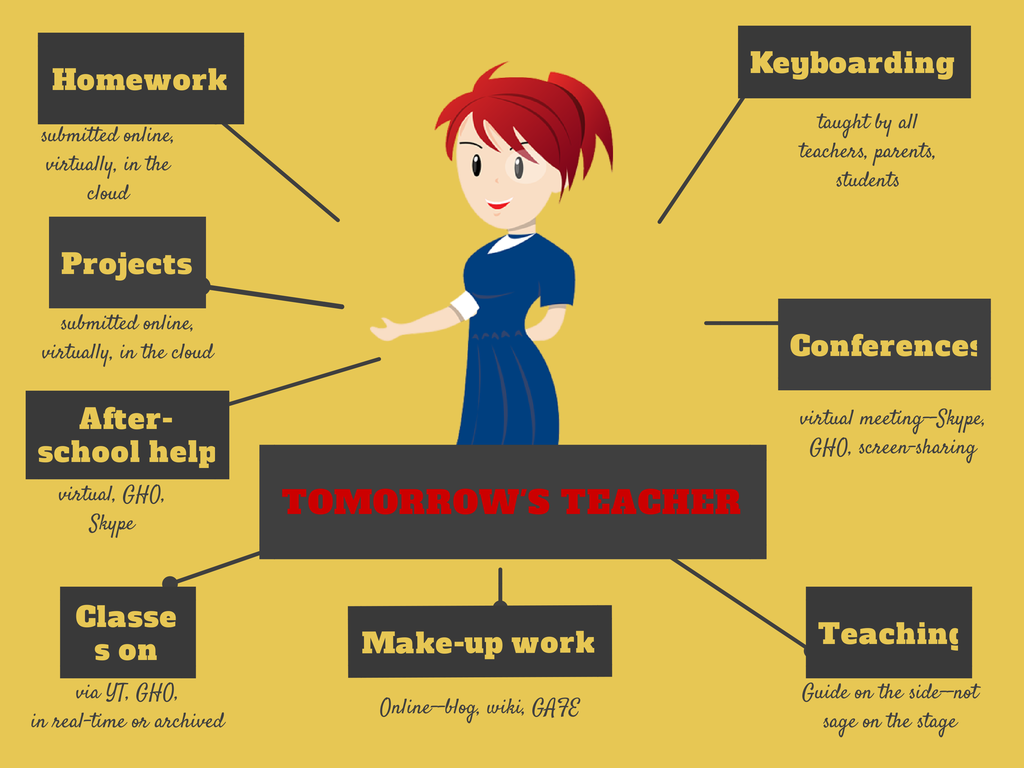
High school students (15-17 years old): The path to the dream is through lessons
useful in life, how they will help realize a dream, affect the social status and standard of living, what prospects they will open, and so on, the specialist continues. - It is important for a teenager that his parents perceive him as an equal in making important decisions for his life: entering a university, choosing a profession. So that he is heard, not criticized, supported, directed - then he will build the motivation himself. nine0043
Parents: Praise competently
It is important for fathers and mothers to speak positively about school, learning, learning and applying it. If in every conversation adults will give out something like: "Soon to school, what a nightmare!" or “Son, half of what I learned in school never came in handy,” the child will mirror the negative. On the contrary, tell us how knowledge allows you to qualitatively change something in life, in the world, read books yourself, study, learn new things. Hug and praise your child more often. But instead of the “well done” on duty, be sure to say what exactly he did well, what pleased you, what are his strengths. nine0043
On the contrary, tell us how knowledge allows you to qualitatively change something in life, in the world, read books yourself, study, learn new things. Hug and praise your child more often. But instead of the “well done” on duty, be sure to say what exactly he did well, what pleased you, what are his strengths. nine0043
What else will work?
1. Repeat the past: find half an hour or an hour a day to remember the multiplication table, write a dictation, solve problems. In September, the child will feel more confident.
2. Arrange a useful trip to the school market: announce to the child the amount you are going to spend, and let him choose a satchel, a pencil case, notebooks. Here you have a repetition of mathematics, and the basics of financial literacy, and positive emotions associated with school. nine0003
3. Give your child an “aftertaste” of vacations in autumn — do the same things on weekends as in summer: picnic, bike ride, cinema, football in the yard.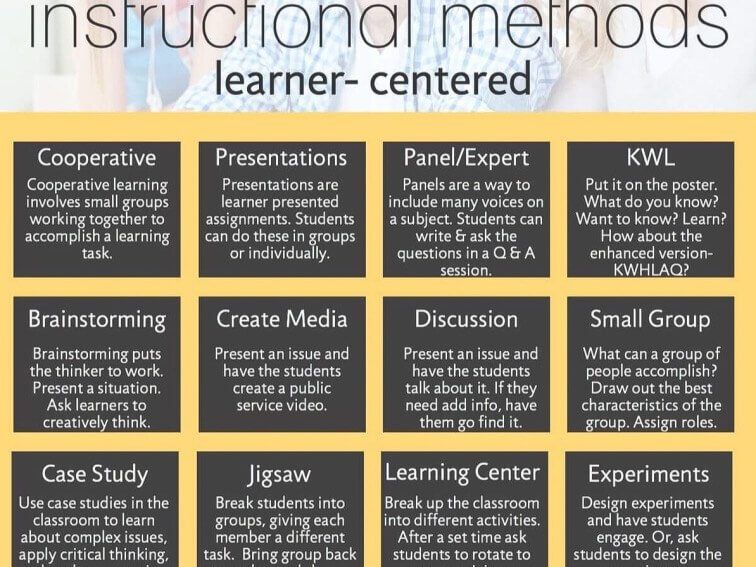
4. Choose interesting additional activities: circles, sections. So waiting for September is more fun. And think in advance how you will do everything and who will help you.
Books for first-graders
and scary, and what is easy and fun. This is especially useful for children who are very worried about everything new and unfamiliar. nine0003
- "I'm not going there." Catherine Leblanc, Dani Aubert and Eva Tarle.
- Tim the Bunny goes to school. Irina Zartaiskaya.
- "Dog Venik goes to school." Kolya Gutman.
- Where do friends come from? Elena Ul'eva (from a series of books about emotions).
- Little We are at school. A story about how bad it is when everyone is against one. Daniela Kunkel.
- “What to do if…”.
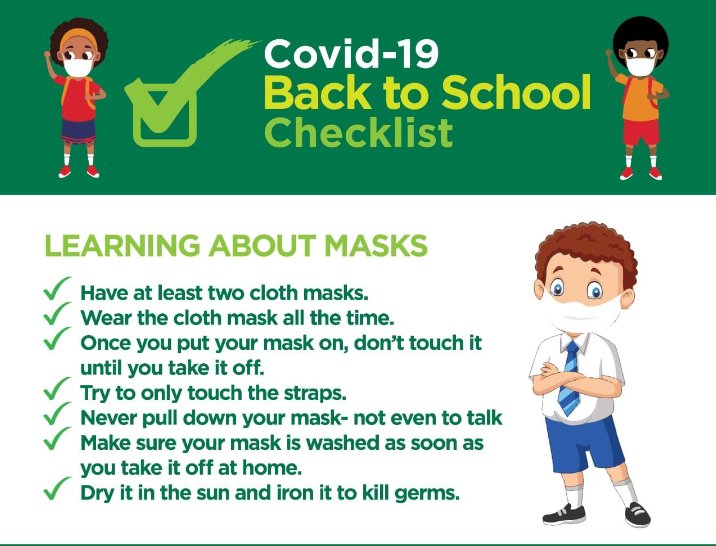 Ludmila Petranovskaya. Answers to questions that are relevant for any child: what to do if you are teased, difficult to study, lost, afraid of the dark, stuck in an elevator and others. nine0225
Ludmila Petranovskaya. Answers to questions that are relevant for any child: what to do if you are teased, difficult to study, lost, afraid of the dark, stuck in an elevator and others. nine0225
Restoring sleep mode
First, about the norms. Up to the seventh grade, schoolchildren are supposed to sleep 10-10.5 hours, and doctors advise first-graders to add a couple of hours of rest during the day. That is, in order to get up without problems at seven in the morning, at 21.00 you need to be in bed. In grades 8-9, the norm is slightly lower - 9-9.5 hours, in grades 10-11 - 8-9 hours, as in adults. With lack of sleep, performance is reduced by a third! Relaxed on vacation? Start rebuilding right now. nine0003
Do not jump abruptly to the ascent "like to school". It’s better to set your alarm clock 10-15 minutes earlier every day, and try to go to bed at the same time in the evening.
Noisy games, serious conversations - until 19. 00. Put your gadgets away an hour before bed.
00. Put your gadgets away an hour before bed.
Come up with a ritual for getting ready for bed: an evening shower, a walk, reading. It is better to sleep in complete darkness and in a well-ventilated room.
We teach to be independent
Most schoolchildren experience learning difficulties due to low ability to independently complete tasks - a study by scientists from MSUPE.
“Do you want children to be independent? Teach! — the teacher and mother Irina Selishcheva advises parents of primary school students in her blog. The child is sitting at the table, you are nearby. He says what and where he will write. Even if they are simple sticks. Learn poems by heart together, but not like in kindergarten: tell your child to read two lines, then close the textbook, repeat, if you don’t remember, read it again.










